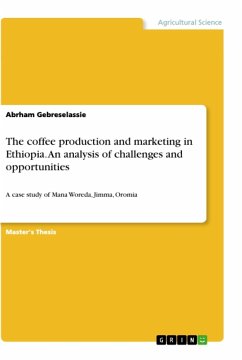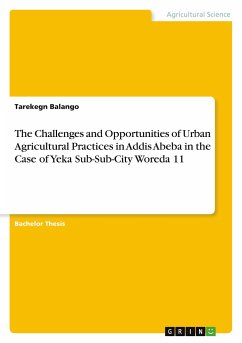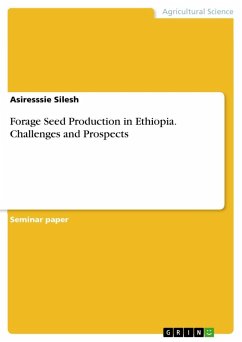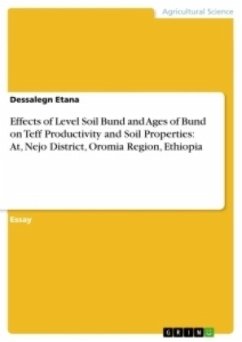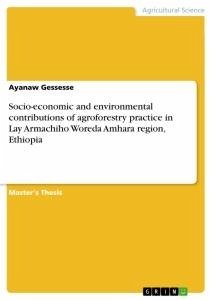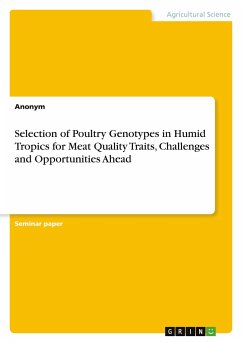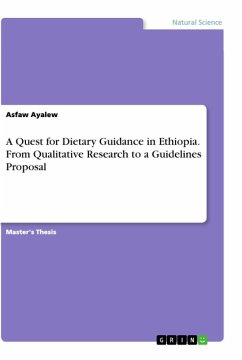Master's Thesis from the year 2014 in the subject Agrarian Studies, grade: 5 (Excellent), Szent István University (Institute of Regional Economics and Rural Development), course: Rural Development and Agribusiness, language: English, abstract: The general objective of this paper is to analyze the trends of coffee sector in Ethiopia in general. Furthermore it wants to generate baseline information on production and marketing systems of the selected study area in particular by concentrating on parameters like production, marketing, institutional and organizational support and challenges and opportunities. Currently, Ethiopia contributes 3.6 percent of the total value and 3 percent of the total quantity of coffee traded to the global market, which leads the country to be the 10th largest exporter of coffee in the world and the first exporter in Africa. 40% of the total coffee production of Ethiopia is exported, which earns 33% of the overall value of agricultural goods exported and 24% of the whole export value of the country. Over one-third of the population living in the rural areas and over 15 million populations sustain their livelihoods and participated in coffee production. There are around one million coffee growers in the country. Coffee has been an important commodity which has got greater attention by the government of Ethiopia. It is the first cash crop that the Ethiopia Commodity Exchange (ECX) started trading operations in April 2008 in order to advance coffee markets in the country. High costs and high risks of transaction were the features of agricultural markets in Ethiopia before 2008, with only one third of the production reaching the market. Besides, smallholder farmers have little information about the market which limits them to sell their final products at the nearby market, deal with good prices as well as minimizing their market risk. Coffee market incompetence chiefly affect the income of coffee farmers and discourage them in the process of coffee production and marketing which lead to a significantly decreases in the country's foreign exchange. This suggests that it is very critical to study and monitor systematically the production and marketing systems in all coffee growing areas of the country for the sake of planning and designing suitable research and development interventions that are applicable to the specific systems.
Hinweis: Dieser Artikel kann nur an eine deutsche Lieferadresse ausgeliefert werden.
Hinweis: Dieser Artikel kann nur an eine deutsche Lieferadresse ausgeliefert werden.

